Resources
Collections
Our collections are groups of related resources designed with you in mind. Access your topic and get everything you need without searching through the entire library.
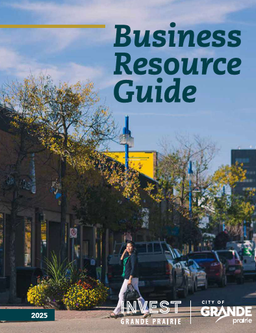
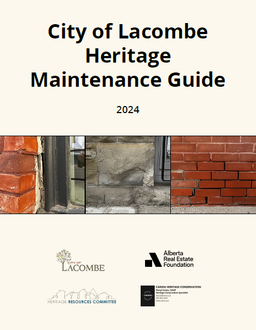
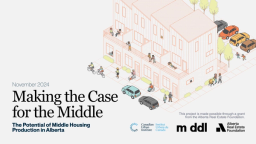
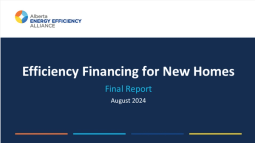
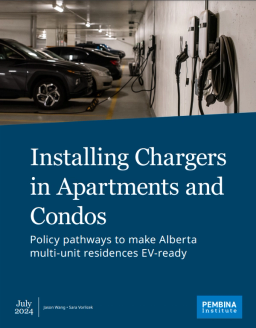
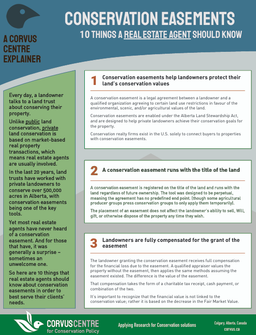
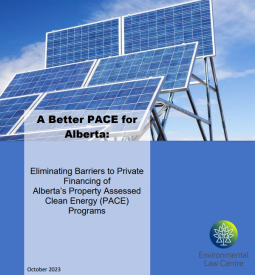
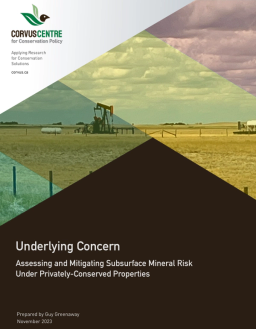
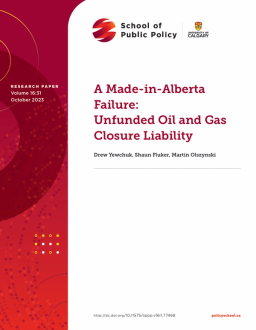

Browse all collections
Our collections are groups of related resources designed with you in mind. Access your topic and get everything you need without searching through the entire library.










Browse all collections